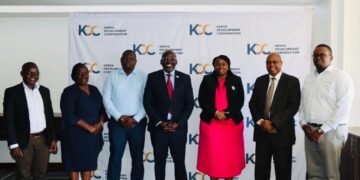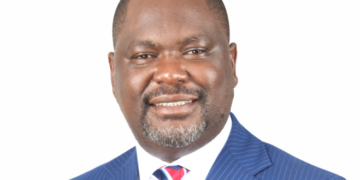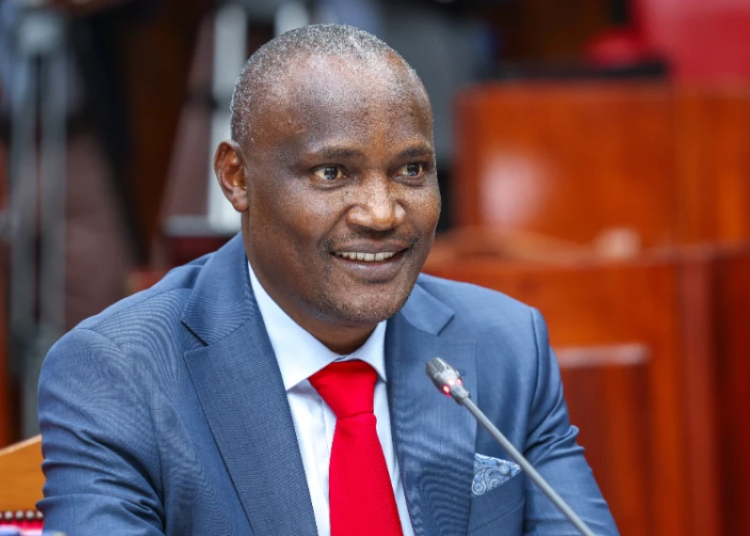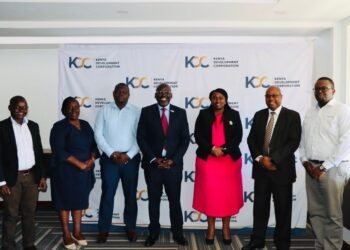Kenya’s Treasury Cabinet Secretary John Mbadi announced plans to sell stakes in Safaricom and the Kenya Pipeline Company (KPC) to raise Sh149 billion (($1.15 billion), a key component of funding the Sh4.24 trillion ($32.8 billion) budget for the 2025-26 financial year starting July.
The move comes as the Treasury faces challenges in boosting revenue through new or higher taxes, projecting a modest 6.82% increase in ordinary revenue to Sh2.76 trillion from Sh2.58 trillion in the current fiscal year.
Mbadi highlighted KPC as a prime candidate for privatization due to its profitability and status as a limited liability company. The government, which fully owns KPC, expects the sale to capitalize on the company’s robust financial performance, with revenues rising 14.6% to Sh35.37 billion and profits soaring 52.6% to Sh6.87 billion in the year ended June 2024. KPC’s assets, including its pipeline network and storage facilities, are valued at over Sh120 billion.
For Safaricom, in which the government holds a 35% stake worth approximately Sh334.44 billion, a potential sale of a 10% stake could yield Sh95.56 billion at the current Nairobi Securities Exchange price of Sh23.85 per share. A deal with a strategic investor, such as a private equity firm, could fetch an even higher premium, further bolstering the Treasury’s coffers.
The privatization push is part of a broader strategy to bridge a Sh876.1 billion budget deficit, which will also be funded through Sh591.9 billion in domestic borrowing and Sh284.2 billion in foreign debt. Total revenues, including Sh559.9 billion from appropriations-in-aid (up 15.02% from Sh486.8 billion), are projected to reach Sh3.32 trillion, an 8.12% increase from the current year’s Sh3.07 trillion.
To enhance revenue collection, the Treasury is focusing on expanding the taxpayer base and leveraging technology to curb tax evasion, while reducing tax benefits. Mbadi also announced plans to shift essential goods—such as animal feeds, pharmaceutical manufacturing materials, solar and lithium batteries, and electric vehicles—from VAT zero-rated to exempt status. “Zero-rating allows for tax refunds, which should lower prices, but in practice, consumers rarely benefit, and the system is abused through fictitious refunds,” Mbadi explained, citing issues like “missing trader” schemes.
The privatization program, which includes 11 state-owned enterprises like Kenyatta International Convention Centre and Rivatex East Africa, has faced delays due to unresolved court cases and other challenges. However, Mbadi emphasized that the Treasury is moving swiftly to finalize KPC’s sale and other transactions to meet the Sh149 billion target for 2025-26.
Despite a projected 10.84% drop in grants to Sh46.9 billion from Sh52.6 billion, the Treasury remains optimistic about achieving fiscal stability through these measures, aiming to support Kenya’s economic growth and public service delivery.






























































